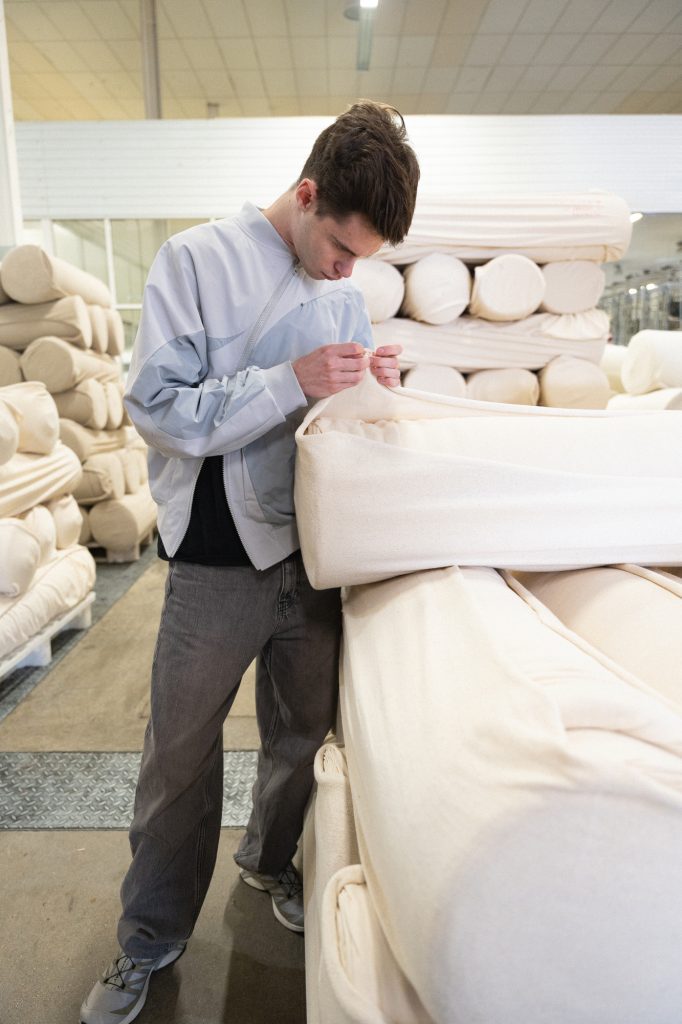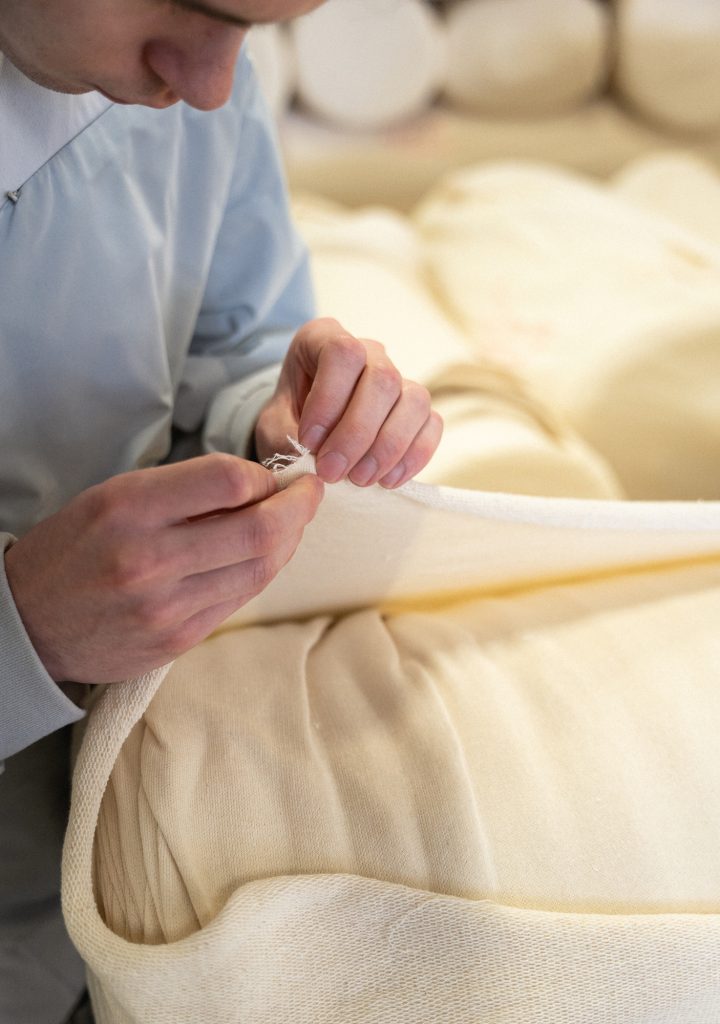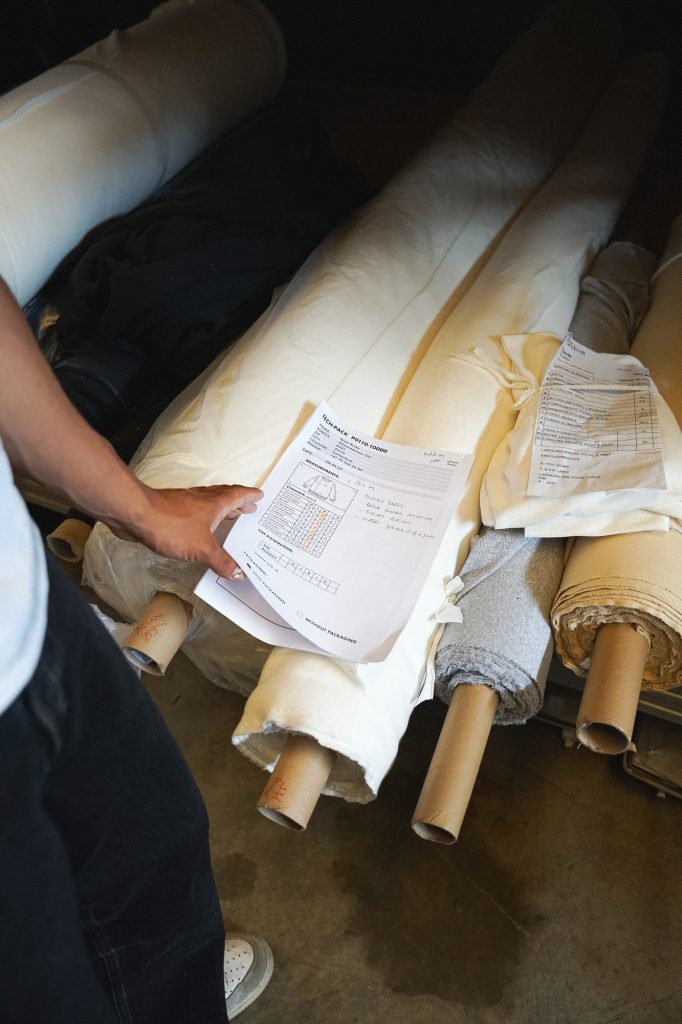


In a world where fast fashion dominates and sustainability is often just a buzzword, Nicolas Schierle is making real change. As the co-founder of Labwear Studios, he’s on a mission to turn the fashion industry upside down, using technology to empower emerging designers and create a more sustainable production model. From the Swiss headquarters to an integrated factory network in Portugal, Labwear Studios shares how its team is transforming fashion into a more sustainable and inclusive landscape. How do we tackle overproduction, and reshape the future of fashion with a democratic, agile approach? Spoiler alert: it’s all about giving power back to the creators.
hube: Labwear Studios has pioneered the integration of technology into the fashion supply chain. How do you see your platform, Labwear_OS, transforming the way independent designers bring their ideas to life, and what impact do you hope it will have on the future of fashion production?
Nicolas Schierle: We started by building our fashion brands. We quickly realised how difficult it was to access good manufacturers. The big players like Balenciaga or Off-White have their preferred factories, and those manufacturers are focused on massive quantities. Even something that seems simple, like producing a t-shirt, involves five different factories – one for the yarns, another for knitting the fabric, a third for dyeing, and so on. It’s overwhelmingly complex, and if you’re a small brand, you’re often not taken seriously.
We wanted to fix that. We saw even big brands struggling with their production, so we built a platform that allows emerging brands to access the same high-end factories, but with much smaller minimum quantities. Before, you’d have needed an order of 500 to even get a foot in the door. Now, we’re giving smaller brands the tools to produce high-quality garments in as few as 50 pieces. It’s a game-changer for the industry.

